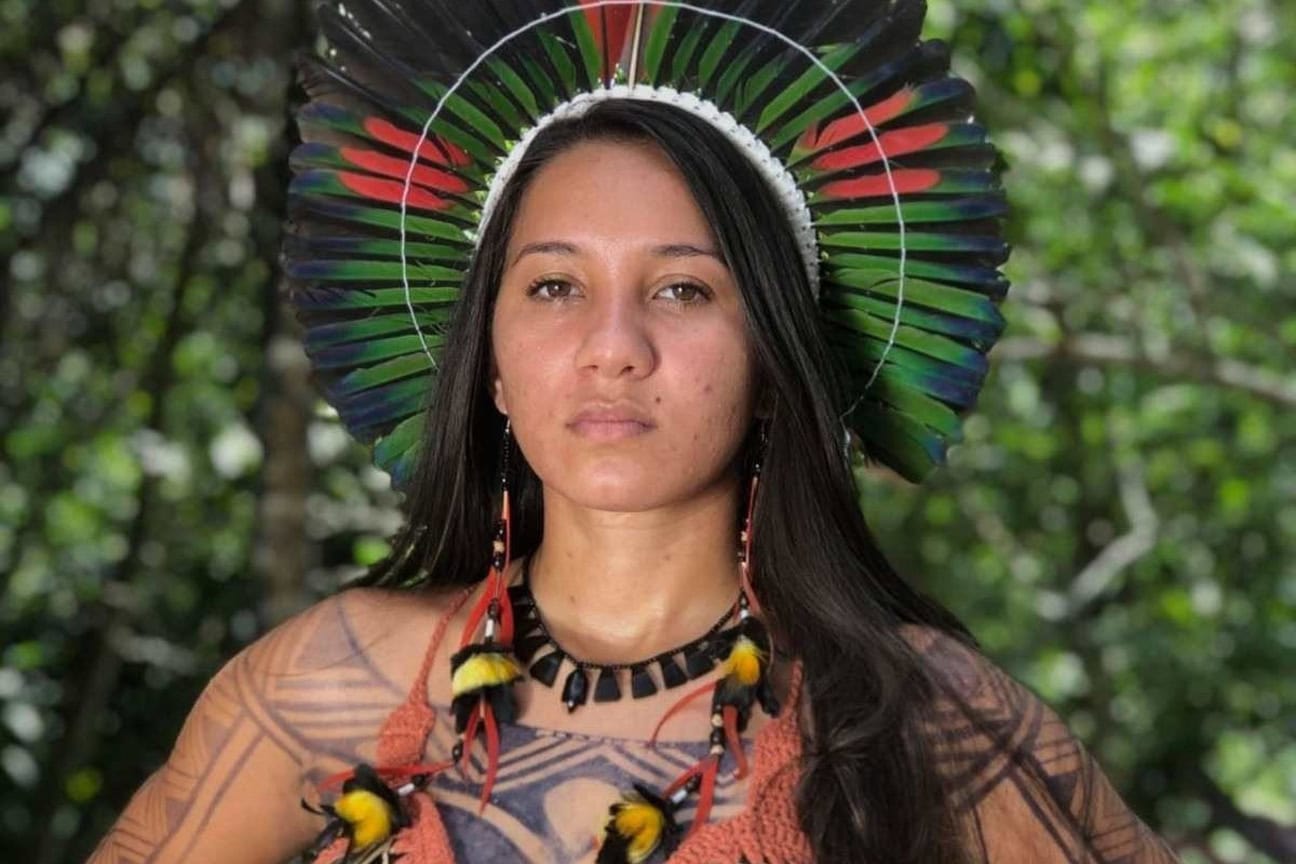According to data from the 2022 Census conducted by the Brazilian government´s statistics agency IBGE, Brazil is home to approximately 1.7 million self-declared indigenous individuals belonging to 305 ethnic groups. This population accounts for 0.83 percent of the country’s total population.
More than half—51.25 percent or 867,900 indigenous individuals—reside in the Legal Amazon region.
Indigenous communities are distributed across 86.7 percent of municipalities in Brazil. The states of Amazonas (490,900) and Bahia (229,100) harbor the largest indigenous populations, collectively representing 42.51 percent of the total indigenous population. In Brazil, there are 274 languages spoken by various indigenous peoples. Before Portuguese colonization, it is estimated that this number reached 1,200 languages, serving as vehicles for the oral transmission of ancestral knowledge.
On the occasion of Indigenous Peoples Day this Friday (Apr. 19), national indigenous authority Funai is promoting Indigenous April 2024 throughout the month. This initiative encompasses a spectrum of activities, including exhibitions, fairs, citizenship drives, and inclusion efforts tailored for traditional communities. These endeavors aim to honor cultures and ancestry while also commemorating the resilience and ongoing struggles of this segment of the Brazilian population.
Joenia Wapichana, the president of Funai, in interview to the Empresa Brasil de Comunicação (EBC) highlighted that since the inauguration of President Luiz Inácio Lula da Silva’s administration in 2023, Funai, established 56 years ago, has reinvigorated its institutional commitment to safeguarding indigenous peoples. According to her, this resurgence comes after what she describes as the erosion of policies aimed at indigenous affairs, environmental protection, and assistance for this demographic.
According to Wapichana, the challenges confronting indigenous peoples in brazil mirror those encountered by Funai. The organization’s foremost objectives include solidifying land demarcations and ensuring the preservation and sustainable management of indigenous territories. Additionally, they prioritize defending indigenous rights, empowering communities to embark on projects promoting sustainability and well-being, safeguarding traditional ways of life, culture, and language, fostering physical security, and protecting isolated and recently contacted peoples.
“The paramount demand of indigenous peoples is ensuring the protection of their identities and preventing violence solely based on their indigenous status,” she asserted. “Preserving these rights, enshrined in our Constitution, remains our top priority to prevent any regression or erosion.”
Source: Agência Brasil


